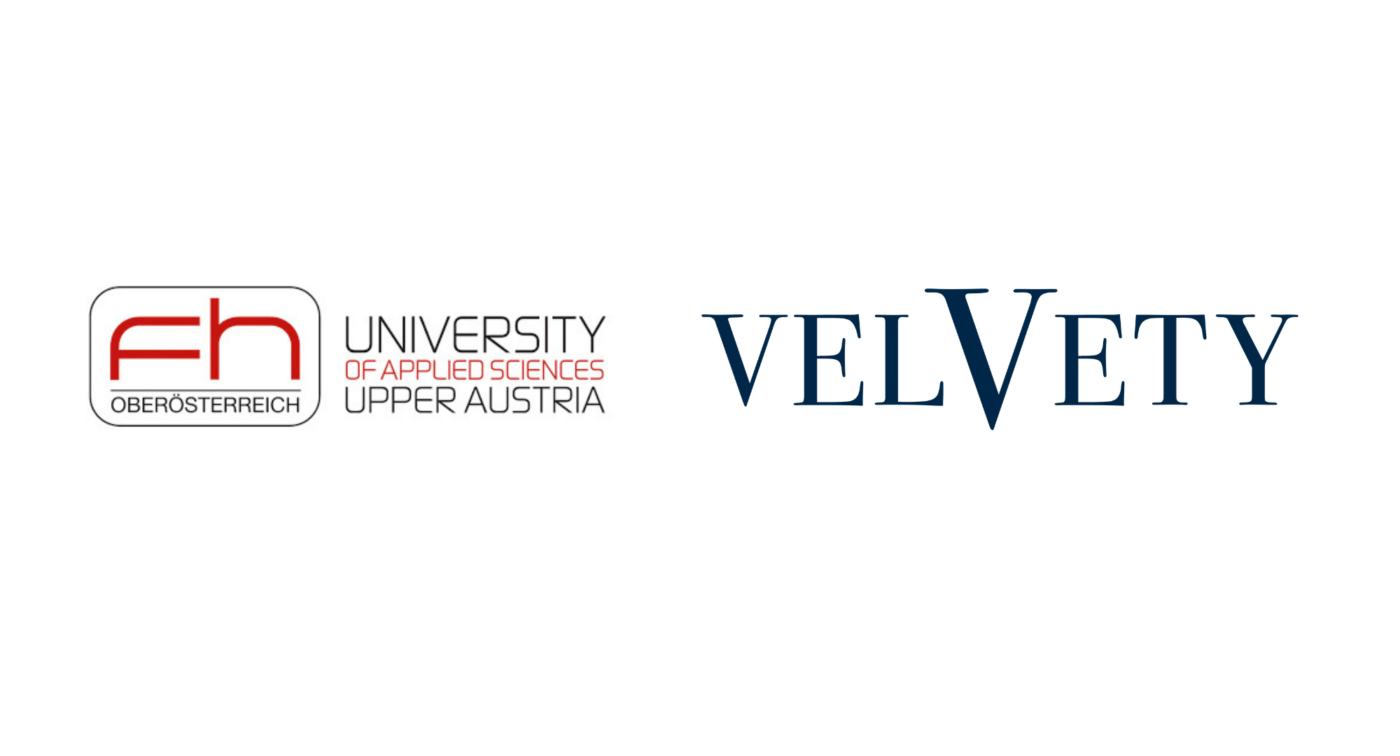Sustainable innovation in natural cosmetics: upcycling food waste
Velvety is currently collaborating with the Wels University of Applied Sciences. The aim of this collaboration is to explore new ways of using food waste to develop natural soap solutions.
In natural cosmetics, active ingredients have so far been obtained from various natural sources, with proteins playing an important role. Nevertheless, plant-based food waste such as the residue from sunflower oil pressing remains unused. For this reason, we have been in intensive discussions with the Wels University of Applied Sciences (specializing in food technology) about a methodology that makes it possible to valorize the previously unused waste. This resulted in our “SUN” project.

The main objective is to test the usability of proteins from food waste for the development of a vegetable soap solution. The following factors should be checked:
- Positive skin appearance and UV stability
- No synthetic dyes
- Preservation of the natural color
However, there are uncertainties regarding compliance with hygiene standards in research and development with organic waste and regarding the effectiveness and concentration of the proteins from the oil press cakes. In addition, the low water content (<1%) in soap production poses a challenge.
Various methods were used to achieve these goals. The first step was to analyze the sunflower oil press cake at different quality levels and then mix it with standard soap blends at different concentrations.
During the research, some difficulties were encountered, such as high bacterial loads during long-term incubation and limitations in solubility in glycerol. Various experimental approaches were undertaken and adjustments made, with initial feasibility established. Nevertheless, additional investigations were necessary to further develop the process, especially due to specific challenges such as the high water content.
The innovation of this research lies in the fact that food waste such as sunflower oil press cake, which was previously mainly used in the animal feed industry (downcycling), can now also be used in the cosmetics industry. This research thus opens up new possibilities for the utilization of food waste and helps to establish more sustainable production methods.
The results are extremely promising for us. However, due to the currently still high production costs, commercial use of the plant protein is not yet feasible. We are therefore continuing our collaboration with the Wels University of Applied Sciences and are confident that we will soon be launching our first product with a plant-based protein from sunflower oil press cake on the market.
We would therefore like to thank our partners at the FH Wels and our Master’s student for their insights and great cooperation!
